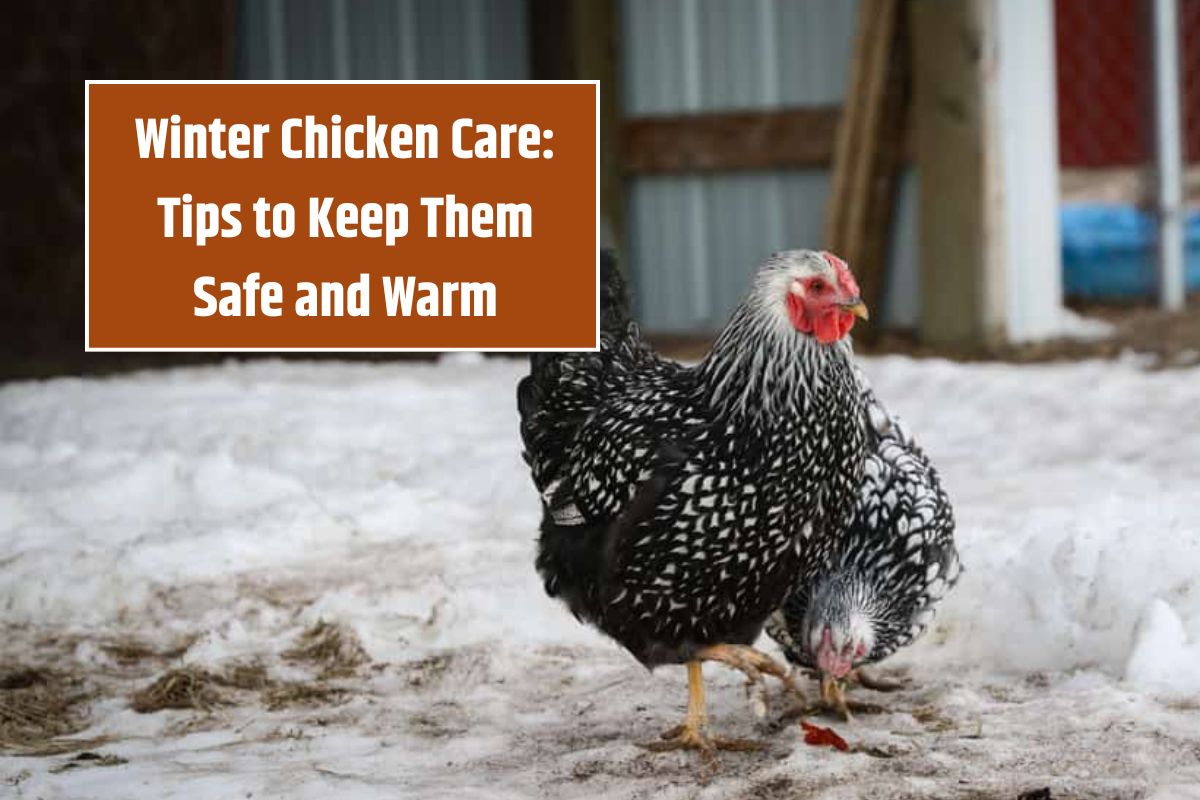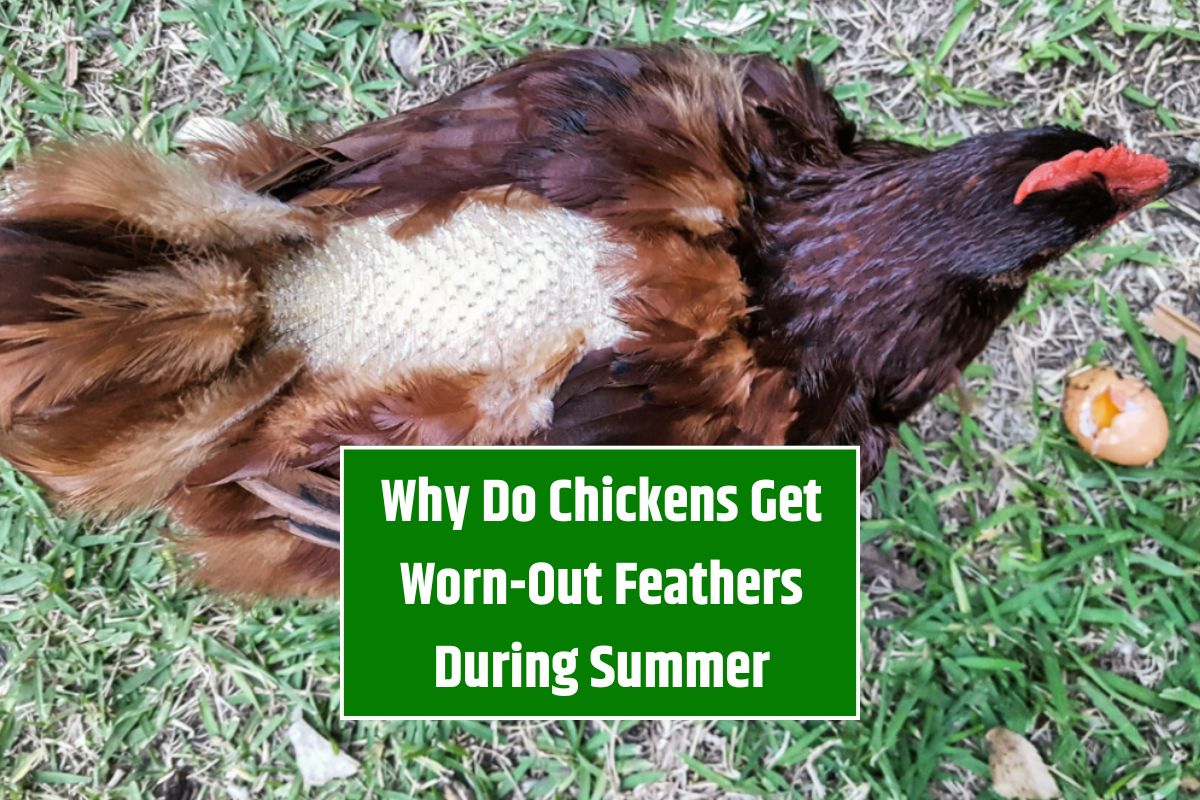As winter arrives, it’s important to ensure your flock stays warm, healthy, and safe. While chickens naturally have some built-in protection with their feathers, they can still face dangers like frostbite and freezing water. Here’s a comprehensive guide on how to winterize your coop, adjust your flock’s diet, and keep your chickens happy through the cold months.
1. Winterize Your Coop to Block the Cold
Ventilation is Key
Proper ventilation prevents moisture buildup inside the coop. Without ventilation, the moist air from your chickens’ breathing can lead to frostbite and respiratory issues. Ensure your coop has small ventilation openings near the top, far from where chickens roost.
For Warm Climates:
- Hang tarps to block sharp winter winds and rain.
- Leave adequate ventilation to prevent moisture buildup.
For Cold Climates:
- Inspect the coop for cracks or holes and patch them to prevent drafts.
- Insulate the coop by stacking bales of straw around the perimeter.
Tip: Don’t seal the coop completely—ventilation is still necessary for air circulation and moisture control.
2. Preventing Frostbite
Frostbite can affect your flock’s combs, wattles, and feet. It occurs when exposed skin freezes due to cold, moisture, and poor circulation.
Causes of Frostbite:
- Freezing temperatures (usually below 10°F)
- Humidity and damp bedding
- Poor ventilation
- Prolonged exposure to snow, wind, or ice
How to Prevent Frostbite:
- Keep the coop well-ventilated but draft-free.
- Replace damp bedding frequently to reduce moisture.
- Apply a thin layer of petroleum jelly on combs and wattles for added protection.
- Avoid letting chickens walk on snow or ice for long periods—create a snow-free path or covered run.
Tip: If you live in an area with extremely cold weather, consider using a safe, mounted heater. However, always take fire safety precautions when using heaters or electricity.
3. Adjust Your Chickens’ Diet for Winter
Chickens burn more energy during winter to stay warm, so providing the right nutrition is crucial.
Why High-Protein Snacks Help:
- Full Crop for Insulation: A full crop before bed helps chickens stay warm as they digest food overnight.
- Carbs & Fats: Grubblies and scratch grains provide extra fat and carbs for energy.
Best Evening Snacks:
- Warm oatmeal or grits: Topped with Grubblies, sunflower seeds, or raisins.
- Spaghetti with Grub-balls: Whole wheat noodles, garlic, and Grubblies mixed with peanut butter.
- Loaded baked potatoes: Split open and topped with yogurt, shredded squash, or greens.
4. Provide Fresh, Unfrozen Water
Chickens need constant access to fresh water, but freezing temperatures can make that challenging.
Tips to Prevent Water from Freezing:
- Refill daily with warm water: Dump out the water every night and refill it in the morning.
- Use a large black tub: The black color absorbs heat from the sun and slows freezing.
- Place waterers on cement pavers: The pavers absorb and retain heat, keeping the water warmer.
- Use a heated water bowl: If you have access to electricity, use a heated waterer or dog bowl.
DIY Option:
Tie a string with a small weight (like a stick) into the waterer. The slightest breeze will cause movement, helping to prevent freezing.
5. Avoid Chicken Sweaters
While the idea of chickens in sweaters may seem cute, it can cause more harm than good. Sweaters can restrict movement, cause stress, and even be painful, especially if the chickens are molting. Instead, focus on insulating the coop and providing a nutritious diet to help your flock stay warm naturally.
6. Reduce Boredom and Stress
Chickens can get bored and depressed during the winter, especially if they are confined to the coop for long periods. Provide a snow-free area for them to roam and scratch, and give them activities to keep them entertained.
Ways to Reduce Boredom:
- Hang cabbages or leafy greens for them to peck at.
- Scatter treats around the coop or run for foraging.
- Provide a dust bath area inside the coop to keep them active.
7. Ensure Proper Bedding
Use clean, dry bedding like straw or pine shavings in the coop. Damp bedding can lead to frostbite and respiratory problems. Replace bedding regularly to keep the coop dry and warm.
8. Monitor for Health Issues
Check your flock regularly for signs of frostbite, respiratory issues, or decreased activity. Chickens are good at hiding illness, so pay attention to any changes in behavior.
Keeping your chickens warm and healthy during winter requires a combination of proper coop preparation, a high-protein diet, fresh water, and entertainment to reduce stress. By taking these steps, you’ll ensure your feathered friends stay cozy and productive all season long.


















